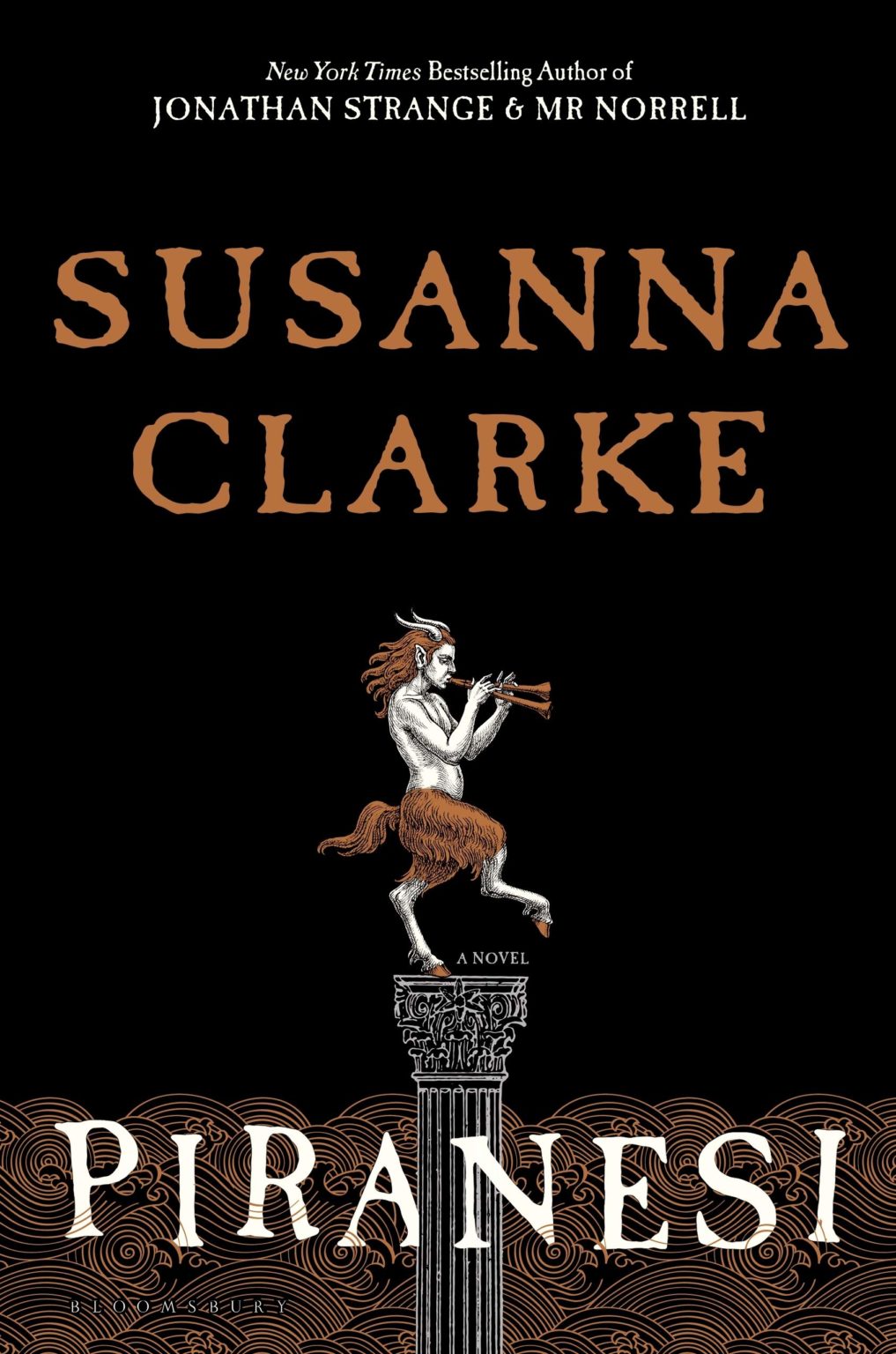

Scrupulously jotting down his daily findings in a series of notebooks (for which he vertiginously keeps a separate notebook “as an index to all the others”), Piranesi explains that he eschews the “deeply pedestrian” C.E. “Clouds drift down through the Broken Ceilings and into the Middle Halls where normally they would not go.” The ground beneath the reader’s feet might give at any second. An icy magic realism keeps you on your toes: “Ever since the Ceilings of the Twentieth and Twenty-First North-Eastern Halls collapsed two years ago the Weather in this Region of the House has changed,” Piranesi reports. The chapters have titles that are alternately redolent of Italo Calvino (“When the Moon rose in the Third Northern Hall I went to the Ninth Vestibule”) and matter of fact (“Shoes”), and the effect is touching and strange. They work jointly, a scientific team, though it’s evident the Other is calling the shots. Our Piranesi got his nickname from the only other living person in the House, known simply as the Other, who is searching for the “Great and Secret Knowledge” that might give them supernatural powers and eternal life. (Yes, this is a Book in which Common Nouns are often capitalized.) Clarke unceremoniously drops you into this alien terrain, as bewildering as it is beautiful. The “House” he inhabits is one of maddening dimensions, an agglomeration of hundreds of huge Halls in every direction, layered three deep, home to cryptic Statues and a variety of birds. It quickly becomes clear that the titular narrator is not the titular eighteenth-century Italian artist, conjuror of dreamlike ruins and vast, impossible spaces, but some lost soul stuck in a strange otherworld that often resembles those engravings. I finally did wade into Piranesi with my tabula more or less rasa, an experience I recommend (though I’m not going to tell you not to read this article). Until you read the book yourself, keep your wand drawn to ward off the summaries of enthusiastic fans and clumsy reviewers.” Such reverent caution made the novel even more enticing. In New York, my pal Molly Young called it “at first impenetrable, then thrilling, and finally pulverizing,” before hilariously declaring, “I refuse to provide a plot summary it is to your own benefit.” Ron Charles intoned in the Washington Post that Clarke’s story “relies on the steady accretion of apprehension that finally gives way to a base-shifting revelation. If you want to fast-forward by four and a half minutes, you should probably do that, if you’re planning on reading this book.” I dutifully obeyed. He prefaced his remarks by saying, “It’s quite a hard novel to talk about, because the less you know about it, going into it, the better. Andy Miller, cohost of the smart, bookish podcast Backlisted, raved about it on the November 23 episode.

I glimpsed the reviews, just enough to learn that (a) the book was good and (b) I should be even more vigilant about spoilers when it came to this unexpected gem. I didn’t return to the book, and hardly thought of Clarke until last fall, when her surprise follow-up Piranesi (Bloomsbury, $27) appeared. The years, a whole bunch of them, passed. Though the specifics have faded, this bout of literary bondage remains one of my most memorable reading experiences. Indeed, the tying-something I’ve never inflicted on a book since-had the quality of a thaumaturgic ritual. One day, I came across a length of twine, and instantly its purpose was apparent to me: I neatly tied the fat book up, quartering it like a parcel without the wrapping.Īptly enough, the book that cast such a spell on me was about magicians: Susanna Clarke’s 2004 debut, Jonathan Strange & Mr Norrell.

I had only finished a third, perhaps less. I could have given it away, of course, or simply tossed the thing, but surely at some point-when this oppressive spell of work was over-I’d want to dive back in. (The book was very long, over eight hundred pages I didn’t have the time.) But the tome kept jumping back into my hands. If I were to get any of my own work done, I needed to hide it. A DECADE AND A HALF AGO, a book so enchanted me that it was hard to pull away.


 0 kommentar(er)
0 kommentar(er)
